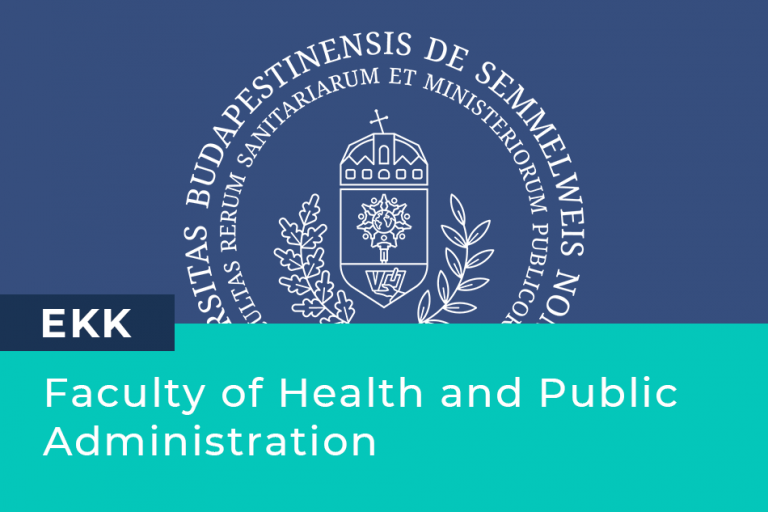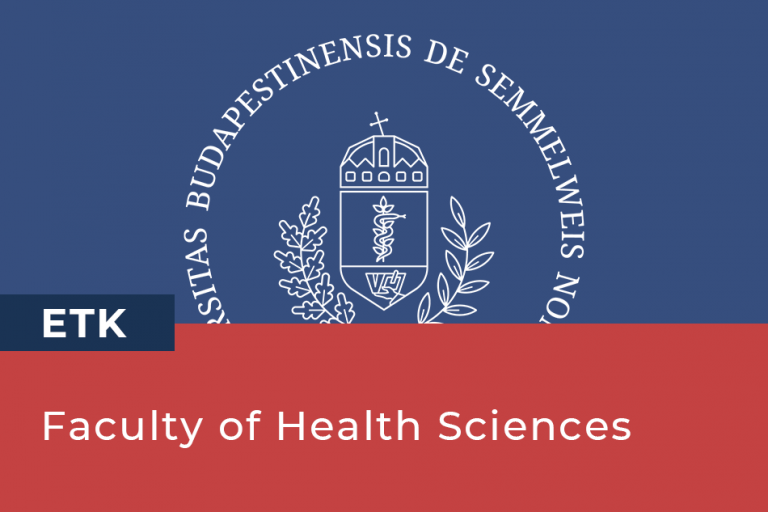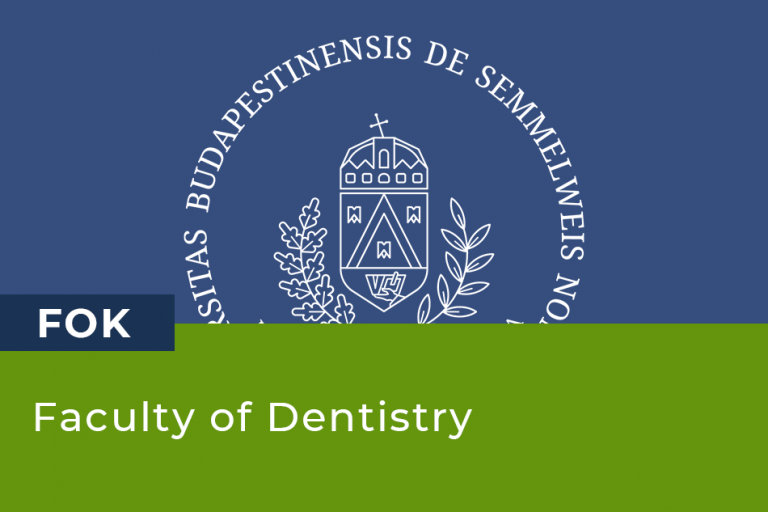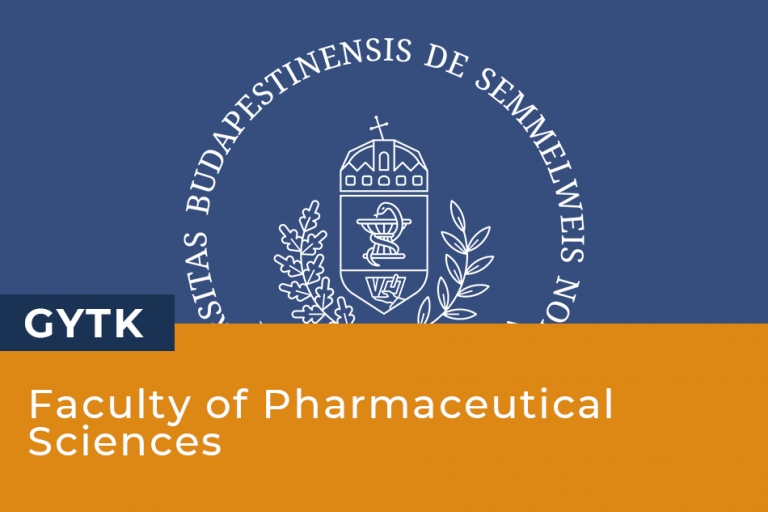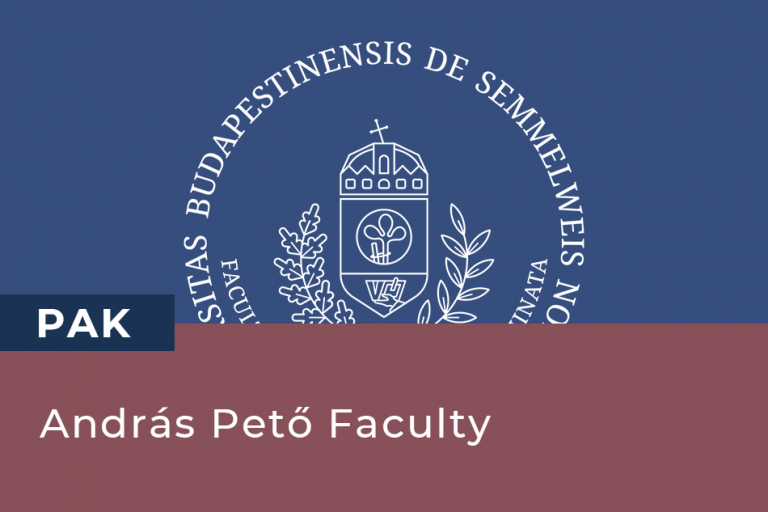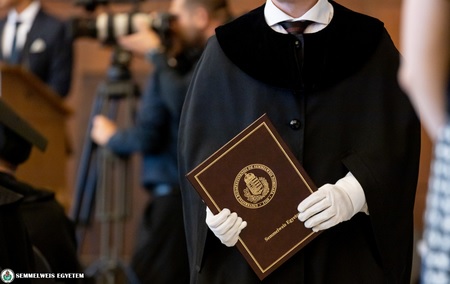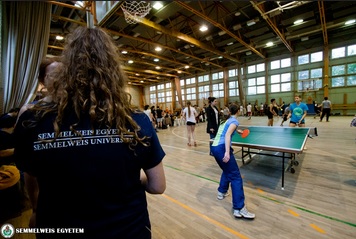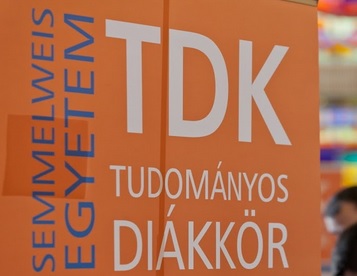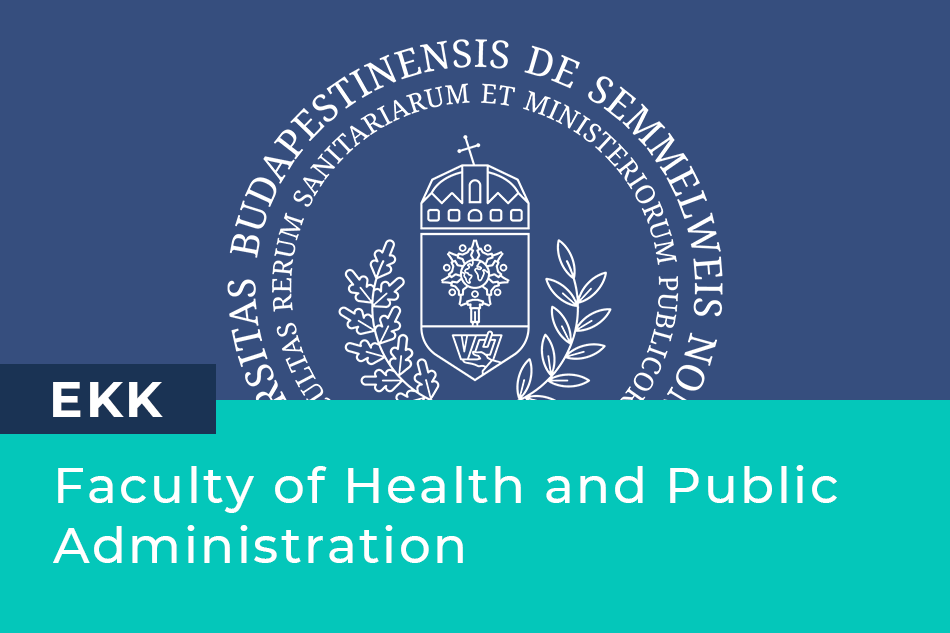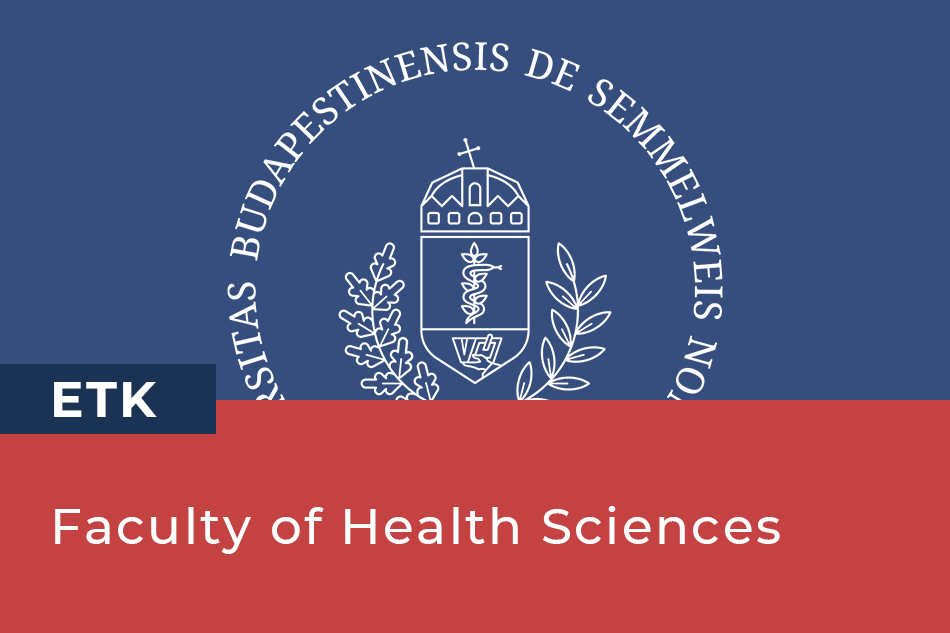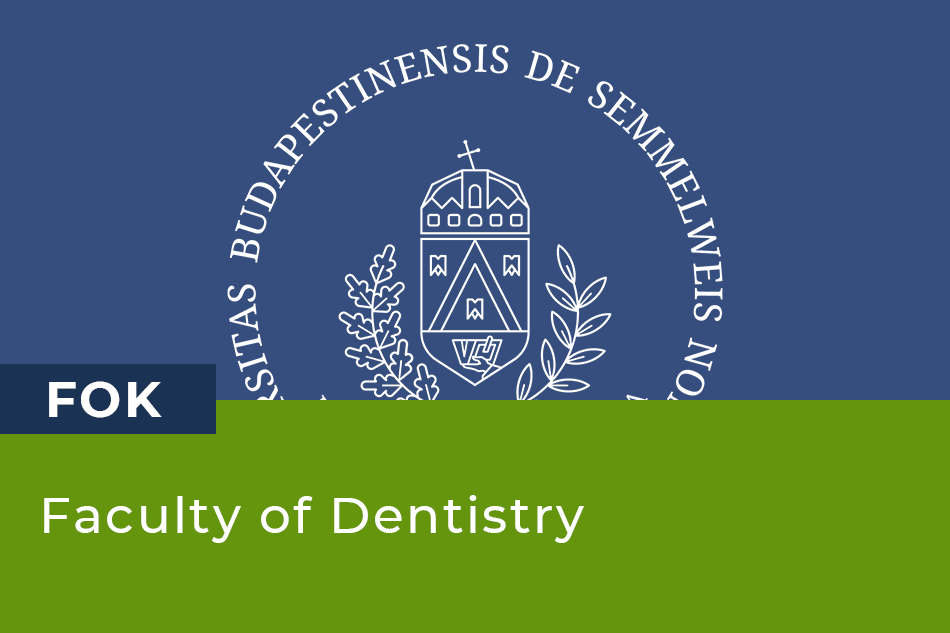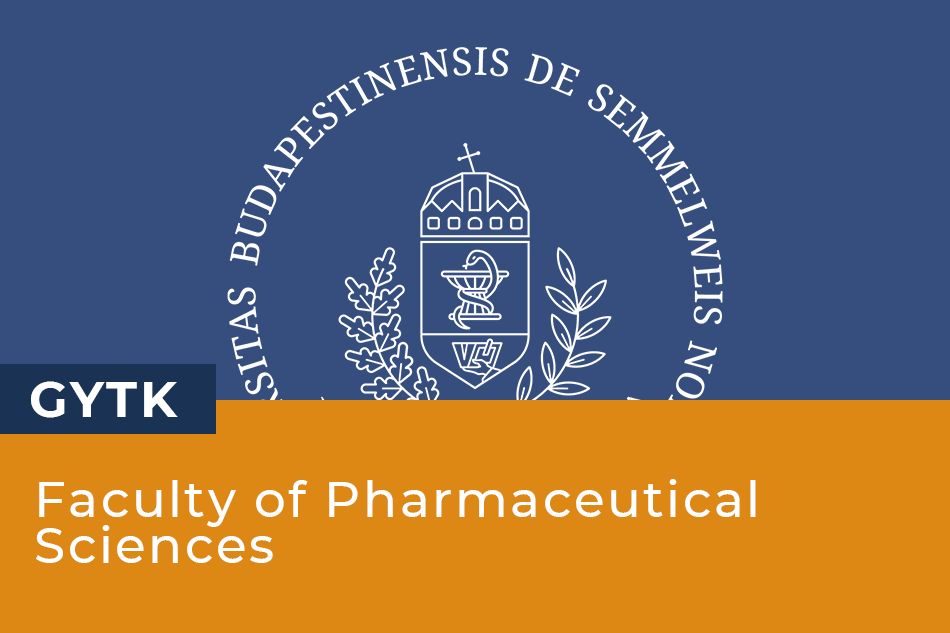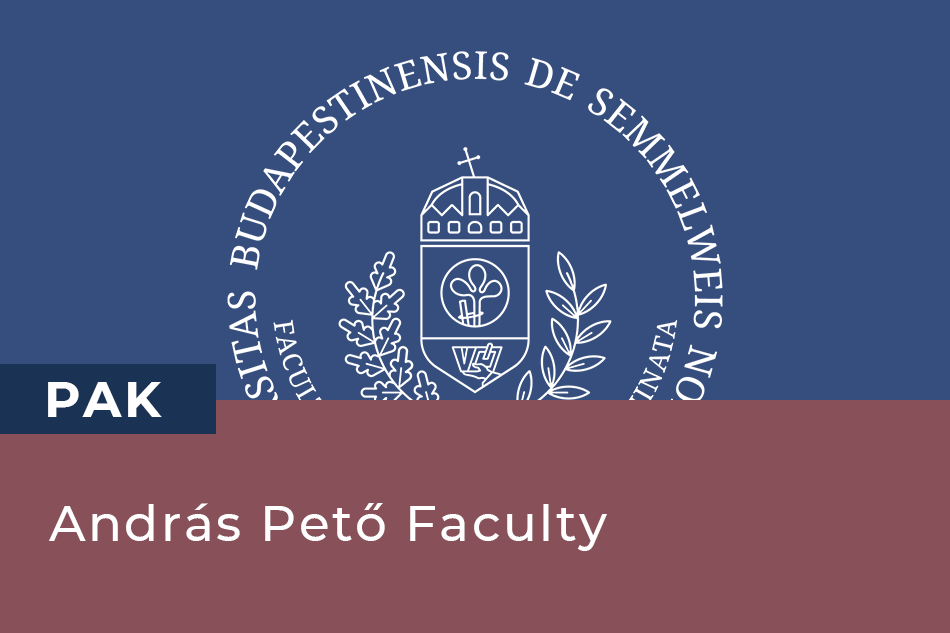Education
How is a school year structured?
One academic year consists of a spring and an autumn semester. There is one diligence and one exam period in each semester. The diligence period is 14 weeks and the exam period is 7 weeks long.
What is the academic calendar?
The calendar of the academic year includes deadlines regarding study, financial and other student matters in accordance with the relevant regulations. Unless the relevant regulations provide a specific deadline, the date marked in the school calendar is the official deadline. https://semmelweis.hu/english/education/academic-year/
What can I expect during the academic period?
The academic period is for you to master each semester`s curriculum during these 14 weeks. At the beginning of the semester, students are assigned into groups. Each group has a specific timetable, based on which they can register for classes in the Neptune system. Most subjects consist of lectures and practicals, possibly seminars. You have to take part in these during the diligence period.
What is a lecture like?
Lectures are theoretical lessons hosted by one or two lecturers at a time for the whole (or half) of the year group. For many subjects the PPT or PDF is pre-uploaded to the institutes website. You might find it helpful to review it before the lectures. Under current rules it is not mandatory to attend lectures, but it might be worth it.
What is a practice like?
Practices are carried out in small groups. During these practices students can directly ask their practice leader all their questions regarding the curriculum. In practices you will perform experiements, dissect and learn how to use different instruments, and learn other manual skills.
What is a seminar like?
Seminars are very similar to lectures, only difference that they are carried out in small groups so you have a chance to ask and discuss your questions regarding the subject.
How, where and when should you register for subjects?
The date of registration will be sent via a Neptun system by the Directory of the English program. Registering and deregistering is possible until midnight on the Friday of the last week before the start of the first diligent week.
Objects must be recorded via the Neptune system under the -> Objects -> Object Recording tab. Here, for the semesters, the appropriate semester must be selected. “Sample Curriculum Subjects” includes compulsory subjects and “Other Elective Subjects” include optional and compulsory elective subjects. When opening the subjects, you have to select the group you belong to, or you also have to choose the lecture next to the exercise / seminar, if there is one, otherwise the system will not allow the subject to be included. There is a separate date for the admission of free and compulsory electives. In this case, the admission date of these subjects will be opened to all students of the MSc at the same time. It is worth entering Neptun a few hours in advance, as the system’s capacity is limited. Many selectable items run out of space quickly, so it’s worth being quick. There are electives that are worth picking up for first-year students, and there is usually enough space on them for all students in the grade to take. Tutorial videos about Netptun: https://itc.semmelweis.hu/moodle/course/view.php?id=2381#section-9
What is a credit?
The credit system was created to quantify the performance of all students. The credit value of a subject equals the estimated time required to complete it – based on that, subjects with lower credit value are easier to complete (of course with some exceptions). Depending on the course you will be taking there may be compulsory subjects worth 5, 7 or even 10 credits. Fulfilling the subject requirements means that you earned the given amount of credit.
How do I know which subjects to register for each semester?
In each given semester you will have compulsory subjects that you are required to register for. You will find a list of these subjects in the admission guide (handed to you at registration), and the Student Directory will send out the list at the beginning of each semester. Most compulsory subjects will have prerequisites (except 1st semester of course), which you have to complete before registering for the next subject.
How do I know where and when will I have to attend classes?
Most subjects will have their classes’ times and locations registered in the Neptune system.
What do I have to complete during my university years to get a degree?
A certain number of credits, consisting of compulsory and elective credits are required to be obtained during your studies. Based on that it is worth taking a few elective subjects each semester since for example to get an MD degree you need 360 credits (averaging 30 credits per semester over 12 semesters) but not all of those are compulsory.
What is the requirement to fulfill a subject and be eligible for taking the exam?
According to the Study and Examination Regulations it is mandatory to be present in 75% of classes, as without that the student cannot get his/her signature and thus does not qualify to attend the exam. Absence cannot be justified but can be made up for. Please follow up on make up classes at the appropriate departments. During the semester midterms are held in many subjects. They can be oral or written. Passing these midterms is not a requirement, but participation might be, so make sure you get informed.
Do all subjects end with an exam?
No, not all subjects end with an exam. There are many subjects where students are graded based on their performance during the semester. You might be required to hand in a paper, host a presentation, or you might have many small midterms throughout the semester that add up to your final grade.
Who can I turn to if i have any questions or problems?
In matters related to education, the Students‘ Union (HÖK) can help you navigate through the rules and represent the interests of all students. You should contact us first if you have any questions via our Students‘ Union (HÖK) Facebook page and Messenger, or you can also get in touch via e-mail at hok.international@semmelweis.hu.
In many matters, e.g. registration for subjects after the deadline, fairness-based requests, collection of subjects after the deadline during the first week of studies, switching to passive status, receiving your student ID card’s sticker, application for the August exam period, registering for a subject without having the necessary prerequisites, etc. you can contact your study administrator at the Dean’s Office. They are also at your disposal.
There are cases when it is worthwhile to turn directly to the institutes, departments, clinics. For example, if you want to ask for educational aid to successfully complete the curriculum, if you want extra spots for a particular group in the NEPTUN system, or in case you want to inquire about an academic competition or an exam on the subject being taught.
What is OMHV and why should it be completed?
The OMHV is a questionnaire, its name abbreviated from the Hungarian “Oktatói Munka Hallgatói Véleményezése”, which translates to “Students‘ Opinion on the Educators‘ Work”. This can be filled out at the end of each semester in the NEPTUN system, under the Questionnaires tab. It is worth filling out, because according to current OMHV regulations, students who fill out the questionnaires can register for exams 2 hours earlier than the time given to other students of their respective year.
What types of practice are compulsory outside the school year?
From faculty to faculty, this could differ.
For General Medicine, in years I., III., and IV. there is a compulsory summer practice at the end of the academic year. These usually last for 4 weeks. You can choose whether you want to complete your shift in July or August. These can be completed in clinics or in hospitals accredited by Semmelweis or by other Hungarian medical schools. It is worth contacting external venues in time to receive a position, while registration for clinical venues is usually performed at the end of May or the beginning of summer, through the Neptun system, by selecting the location for the given practice via the Subjects -> Register for Subject tab. Anyone who completes the practice at an external location also needs to register for the subject using Neptun by choosing the appropriate course. In addition, the practice can also be spent abroad, this must of course be agreed upon in advance with your study administrator. You can find information about the summer practice here (GM): https://semmelweis.hu/english/education/english-language-program/english-secretariat/official-forms/general-medicine/
Exams
What is a semi-final exam and what is a final exam?
A semi-final exam is usually based on the curriculum of that certain semester, meanwhile a final exam holds together the curriculum of many semesters of one subject. Its important to note that finals and semi-finals have different rules regarding registration and deregistration from the exam dates.
What happens if someone doesn’t show up to an exam they registered for?
It is the student’s obligation to attend the (partial) examination registered in NEPTUN. If they fail to do so, their knowledge cannot be assessed, and if they do not justify the absence, a “did not appear” entry shall be made in the NEPTUN for the given (partial) exam. Unjustified absences shall be included in the maximum number of examination opportunities per semester, and the student is also required to pay an exam administration fee and the absence fee specified in the Remuneration and Benefits Policy.
Where can the absence fee be paid?
To transcribe the missed exam fee for yourself in Neptun, go to:
- Finances / Payment in Neptun
- Click ‘Transcribe item’
- Choose ‘service’ from the menu
- Choose the term when you missed the exam
- Choose ‘missed exam fee’ as the service type
- Choose the subject
- Click ‘Create item’
For how long can I register for an exam, or withdraw said registration?
Students may register for an examination no later than 23 hours before the examintaion date; and the students can withdraw their registration no later than 24 hours before the date of the given examination, exclusively via NEPTUN.
At the Faculty of General Medicine, in the case of block education, if there are two or fewer days available for the students to take the examinations, it is possible to register for the examination until 6:00 a.m. on the day of the examination, and to withdraw the registration until 0:00 a.m. on the day of the examination, exclusively via NEPTUN.
What is TVSZ (Hungarian abbreviation for Tanulmányi és Vizsgaszabályzat)?
TVSZ stands for Study and Examination Regulations. In this policy, you will find the most important rules for your studies.
You can download it here: https://semmelweis.hu/registrar/files/2022/08/Semmelweis-University-Study-and-Examination-Regulations-202307.pdf
What is EOAY (Examinations Taken Outside the Academic Year)?
Students of medicine in a single-cycle long (i.e. undivided) program and master’s degree students in health sciences who are unable to fulfill their examination requirements during the spring semester examination period may take an examination organized outside the academic year (hereinafter referred to as EOAY examination). The result of an EOAY examination shall be considered as that of an examination taken during the spring semester of the relevant academic year.
Scholarships
What is the public work benefit?
It’s a scholarship which rewards performing public activities in the interests of other students in addition to studies, i.e. participation in the work of the Students’ Union (HÖK).
Academic average, expulsion
What makes up your grade average?
Depending on your grade average, you have the opportunity to receive a scholarship. You can calculate the grade average as follows: multiply the credit value of your subjects and their respective grades, and then divide the sum by the total number of credits you have taken. E.g. with 2 subjects, subject “A” with a “Satisfactory” (= 3) grade, worth 6 credits, subject “B” with a “Good” (= 4) grade, worth 4 credits, your average is: (6 x 3 + 4 x 4) / 10 = 3.4).
This value can also be found in NEPTUN after the closure of the semester. If you fail to complete a subject, but have enough other credits or electives, you may still receive a scholarship. However, it is worth noting that subjects which you complete but receive a lower grade at worsen your average, so at the beginning of the semester, be sure to rethink how much time and energy you can invest into each subject.
When are you expelled from university for academic reasons?
If:
- you do not obtain a diploma within a timeframe of twice the prescribed training period,
- in the first four semesters after your enrollment, the number of your completed compulsory subjects and obtained compulsory credit points does not reach 50% of the credits that can be obtained until then,
- The university terminates the student legal status of a student whose total number of unsuccessful retake and second retake examinations in the same subject unit reaches five by a unilateral statement. This provision applies only to those who have commenced their studies in the relevant program in the fall semester of 2012/2013 or thereafter.

